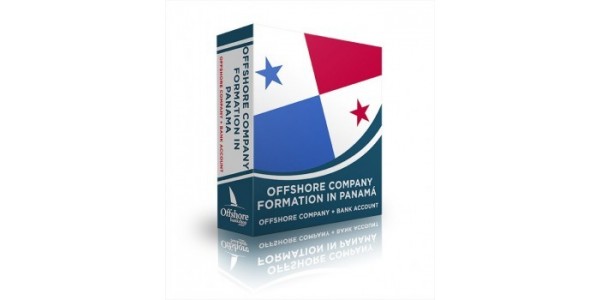Oh No, Is OFAC Going After Attorneys???

Last week I was speaking with a friend of mine who serves as inside counsel on sanctions at a major multi-national company. He expressed his concern over recent guidance from the United States Department of the Treasury’s Office of Foreign Assets Control (“OFAC”) concerning prohibited facilitation (See 31 C.F.R. §560.208) by U.S. counsel providing advice that furthers transactions by his companies’ foreign business units and Iran. This wasn’t the first time I had heard these concerns, as many attorneys advising companies in the post-JCPOA (Iran nuclear deal) environment have been quite cautious about how they advise foreign clients seeking to engage in trade with Iran. Well, apparently Iran isn’t the only sanctions risk attorneys need to concern themselves with.
As today’s announcement of the designation of the Waked Money Laundering Organization (“Waked MLO”) under the Foreign Narcotics Kingpin Designation Act (“Kingpin Act”) demonstrates, lawyers providing legal services to parties could find themselves on the OFAC Specially Designated Nationals and Blocked Persons (“SDN”) List for the provision of services to companies owned or controlled by SDNs. Here’s the kicker: these legal services don’t necessarily have to be provided subsequent to the SDNs designations, but can be for services provided prior to the designation.
According to OFAC’s press release, in addition to the designations of the Waked MLO and its two leaders, OFAC also designated a number of other parties including two attorneys who provided a variety of services, including incorporating shell companies, to the Waked MLO and served various roles in several Waked-related companies. Since they were designated at the same time as the Waked MLO and its affiliated parties and entities, it is unclear as to whether or not these attorneys knew what type of activities the parties they were providing services to were allegedly engaged in. The press release merely says that the attorneys provided services including setting up shell companies, and serving in various roles in those companies.
I’m sure most of you reading this blog have a general sense of how easy it is to form a company in the U.S. Well according to Panama Offshore Services: “Panama offers the most favorable and most flexible offshore incorporation laws available in the world.” So, while we don’t know the particular facts in OFAC relied upon in designating these attorneys, it is not inconceivable that these attorneys were just setting up companies for clients and not maintaining any active relationships with the parties they established the companies for.
Doesn’t sound believable? Please allow me to drop some knowledge on you. The first Kingpin Act delisting case I ever handled involved two attorneys who had been designated for….you guessed it: providing services, specifically setting up companies, in furtherance of narcotics related money laundering. Sound familiar? Do you want to know what really happened? Some clients had come into the attorneys’ office years prior to their designation and asked to set up companies. The attorneys did so, and then the clients went their own way to run those companies, and the lawyers went back to servicing other clients. Unfortunately, when you form a corporation on behalf of a client in that country, you also had to register a power of attorney over the company with the government. So despite the fact that the lawyers had no other dealings with those companies they had been formed, the powers of attorney they had registered linked them to the companies–which OFAC believed were involved in laundering drug proceeds–and thus, the attorneys were identified as Specially Designated Narcotics Trafficking Kingpins (SDNTK) for their involvement with those companies. Once they abandoned the powers of attorney, their designations were removed. By that point, however, the damage was done.
I’m not saying that’s what happened here, I’m just trying to give you something to think about. As opposed to being a one off event, it appears that there is a desire by OFAC to designate attorneys who may be involved in providing legal services, such as corporate formation, that could facilitate money laundering. Thus, if you thought being a corporate lawyer was scary before, welcome to a whole new world. Between Iran and the Kingpin Act, the prospects of providing business related legal advice keeps growing more dangerous. At least those of us representing SDNs in the delisting process are safe….I hope.
The author of this blog is Erich Ferrari, an attorney specializing in OFAC matters. If you have any questions please contact him at 202-280-6370 or ferrari@ferrariassociatespc.com


